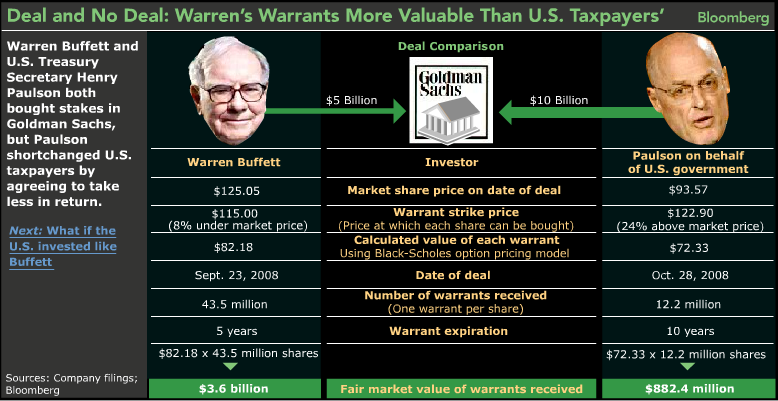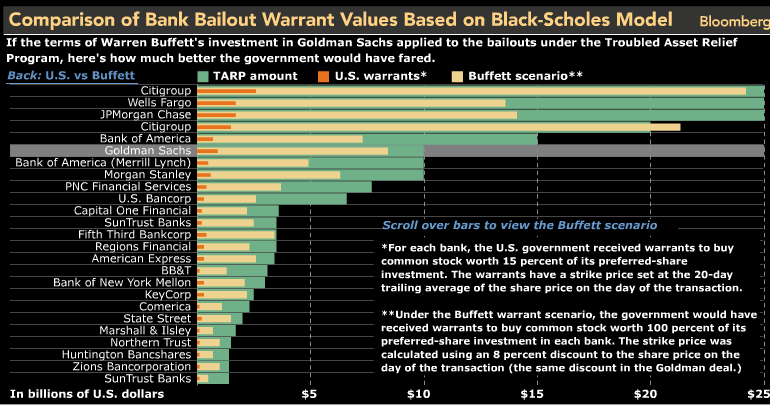"U.S. Needs More Inflation to Speed Recovery, Say Mankiw, Rogoff
By Rich Miller
May 19 (Bloomberg) -- What the U.S. economy may need is a dose of good old-fashioned inflation.
So say economists including Gregory Mankiw, former White House adviser, and Kenneth Rogoff, who was chief economist at the International Monetary Fund. They argue that a looser rein on inflation would make it easier for debt-strapped consumers and governments to meet their obligations. It might also help the economy by encouraging Americans to spend now rather than later when prices go up.
“I’m advocating 6 percent inflation for at least a couple of years,” says Rogoff, 56, who’s now a professor at Harvard University. “It would ameliorate the debt bomb and help us work through the deleveraging process.”
Such a strategy would be risky. An outlook for higher prices could spook foreign investors and send the dollar careening lower. The challenge would be to prevent inflation from returning to the above-10-percent levels that prevailed in the 1970s and took almost a decade and a recession to cure.
“Anybody who has been a central banker wouldn’t want to see inflation expectations become unhinged,” says Marvin Goodfriend, a former official at the Federal Reserve Bank of Richmond. “The Fed would have to create a recession to get its credibility back,” adds Goodfriend, now a professor at Carnegie Mellon University’s Tepper School of Business in Pittsburgh.
Preventing Deflation
For the moment, the Fed’s focus is on preventing deflation -- a potentially debilitating drop in prices and wages that makes debts harder to repay and encourages the postponement of purchases. The Labor Department reported May 15 that consumer prices were unchanged in April from the previous month and were down 0.7 percent from a year earlier.
“We are currently being very aggressive because we are trying to avoid” deflation, Fed Chairman Ben S. Bernanke told an Atlanta Fed conference on May 11.
The central bank has cut short-term interest rates effectively to zero and engaged in what Bernanke calls “credit easing” to spur lending to consumers, small businesses and homebuyers.
Bernanke, 55, said the risk of deflation was receding and that the Fed was ready to reverse course when needed to maintain stable prices and prevent an outbreak of undesired inflation. The Fed has implicitly defined price stability as annual inflation of 1.5 percent to 2 percent, as measured by a price index based on personal consumption expenditures.
Lifting Prices, Wages
Even after all the Fed has done to stimulate the economy, some economists argue that it needs to do more and deliberately aim for much faster inflation that would also lift wages.
With unemployment at a 25-year high of 8.9 percent, workers are being squeezed. Wages and salaries rose 0.3 percent in the first quarter, the least on record, according to the Labor Department, as companies including Memphis, Tennessee-based based package-delivery company FedEx Corp. and newspaper publisher Gannett Co. of McLean, Virginia slashed pay.
Given the Fed’s inability to cut rates further, Mankiw says the central bank should pledge to produce “significant” inflation. That would put the real, inflation-adjusted interest rate -- the cost of borrowing minus the rate of inflation -- deep into negative territory, even though the nominal rate would still be zero.
If Americans were convinced of the Fed’s commitment, they’d buy and borrow more now, he says.
Mankiw, currently a Harvard professor, declines to put a number on what inflation rate the Fed should shoot for, saying that the central bank has computer models that would be useful for determining that.
Gold Standard
In advocating that the Fed commit itself to generating some inflation, Mankiw, 51, likens such a step to the U.S. decision to abandon the gold standard in 1933, which freed policy makers to fight the Depression.
Faster inflation might be preferable to increased unemployment, or to further budget stimulus packages that push up the national debt, says Mankiw, who was chairman of the Council of Economic Advisors under President George W. Bush.
The White House has forecast that the budget deficit will hit $1.84 trillion this fiscal year, or 12.9 percent of gross domestic product. Rogoff doubts that politicians will be willing to reduce that shortfall by raising taxes as much as needed. Instead, he sees them pressing the Fed to accept faster inflation as a way of easing the burden of reducing the deficit.
Easier Debt Repayment
Inflationary increases in wages -- and the higher income taxes they generate -- would make it easier to pay off debt at all levels.
“There’s trillions of dollars of debt, in mortgage debt, consumer debt, government debt,” says Rogoff, who was chief economist at the Washington-based IMF from 2001 to 2003. “It’s a question of how do you achieve the deleveraging. Do you go through a long period of slow growth, high savings and many legal problems or do you accept higher inflation?”
Laurence Ball, a professor at Johns Hopkins University in Baltimore, says it’s risky to try to engineer a temporary surge in inflation because it might spark a spiral of rising prices.
Even so, he sees good reasons for the Fed to lift its implicit, medium-term inflation target to 3 percent to 4 percent from 1.5 percent to 2 percent now.
To battle recession, the Fed had to cut interest rates to 1 percent in 2003 and zero in the current period. That implies its inflation target has been too low because it’s left the Fed running up against the zero bound on nominal interest rates.
Inflation Advantage
“The basic advantage of pushing inflation a little higher is that it would make it less likely that we run into the problem of the interest rate hitting zero and the Fed not being able to stimulate the economy if necessary,” Ball says.
John Makin, a principal at hedge fund Caxton Associates in New York, wants the Fed to go further and target the level of prices instead of simply a rate of inflation. Such a policy would mean that if inflation fell short of 2 percent over a period of time, the Fed would have to push inflation above that rate subsequently to make up for the shortfall and keep prices rising on the desired trajectory.
While that might sound radical, it’s the same sort of policy that Bernanke advocated Japan follow in 2003 to fight deflation. In a speech in Tokyo that year, then-Fed Governor Bernanke called on the Bank of Japan to adopt “a publicly announced, gradually rising price-level target.”
‘Bad for Creditors’
Some investors are already worried that Bernanke will go too far. “We’re on the path of longer-term, higher inflation,” says Axel Merk, president of Merk Investments LLC in Palo Alto, California. “It’s good for debtors but it’s bad for creditors. It’s dangerous and irresponsible.”
Billionaire investor Warren Buffett, chairman of Berkshire Hathaway Inc. in Omaha, Nebraska, suggested that faster inflation was all but inevitable.
“A country that continuously expands its debt as a percentage of GDP and raises much of the money abroad to finance that, it’s going to inflate its way out of the burden of that debt,” he told the CNBC financial news television channel on May 4, adding, “That becomes a tax on everybody that has fixed- dollar investments.”
To contact the reporter on this story: Rich Miller in Washington rmiller28@bloomberg.net"









































